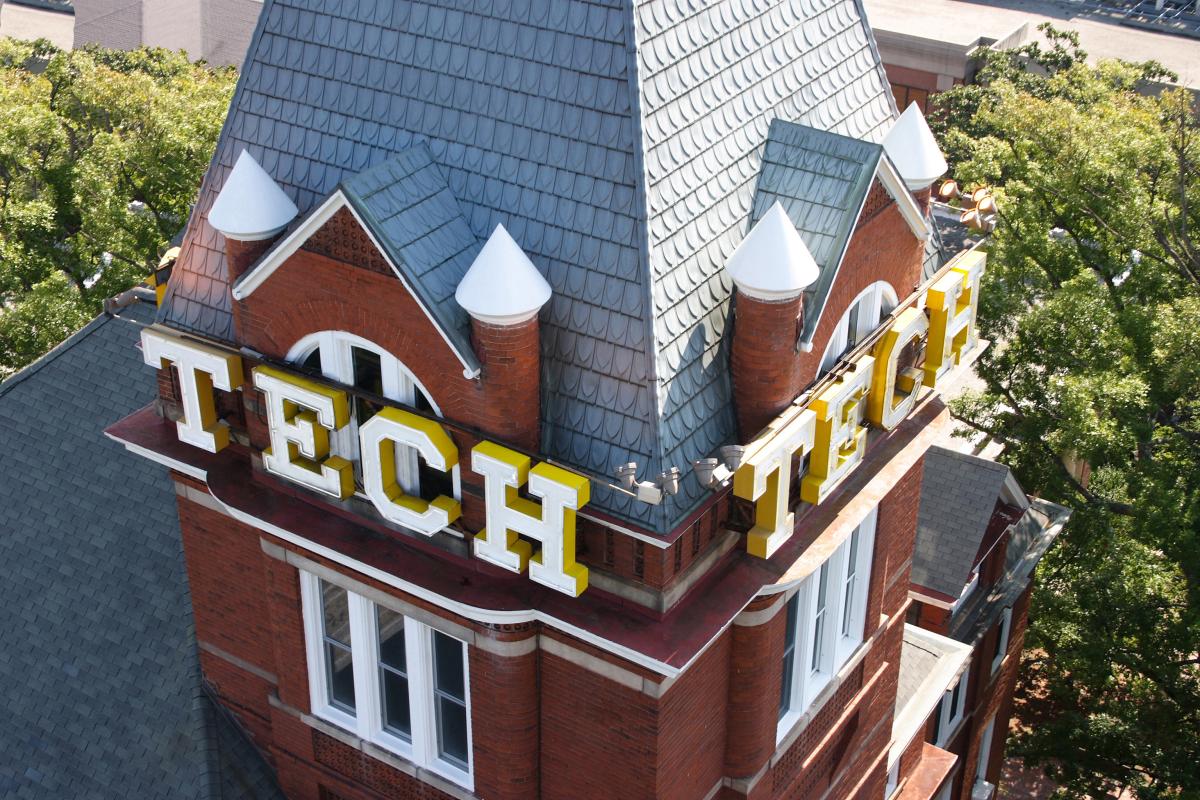
Each year a member of the American Institute of Chemical Engineers (AIChE) is invited by the Executive Board of the National Program Committee (EBPC) to present a comprehensive, authoritative review of the chemical engineering science in his or her field of specialization. This presentation is known as the Institute Lecture, and it is the most prestigious award given by the National Program Committee.
William J. Koros, Professor, Georgia Research Alliance Eminent Scholar in Membranes and the Roberto C. Goizueta Chair for Excellence in Chemical Engineering at Georgia Institute of Technology, has been selected as the 2011 Institute Lecturer. Koros received his Bachelor's degree in Chemical Engineering from The University of Texas in 1969 and worked in the Engineering Department of the E. I. DuPont Company for the next four years. He entered graduate school in 1973 and upon completion of his studies in 1977 joined the faculty of the Chemical Engineering Department at the North Carolina State University as an Assistant Professor.
Koros joined the School of Chemical Engineering at Georgia Institute of Technology in 2001. He served as the Editor-in-Chief of the Journal of Membrane Science for 17 years from 1991-2008. He has published over 300 articles and holds 14 US Patents in the areas of absorption and transport of small molecules in membranes, barrier materials and sorbents. His research has been recognized by the AIChE Institute Award for Excellence in Industrial Gases Technology in 1995, the AIChE Separation Division Clarence Gerhold Award in 1999 and the AIChE William H. Walker Award for Excellence in Contributions to Chemical Engineering Literature. He was elected to the National Academy of Engineering in 2000, and was named a Fellow of the American Institute of Chemical Engineers in 2002 and a Fellow of the American Association for the Advancement of Science in 2003.
Koros' research focuses on developing advanced materials based on blends of nanoscopic molecular sieving entities and solution-processable polymers. His research group pursues both fundamental and applied research related to the burgeoning area of membrane-based gas separation
